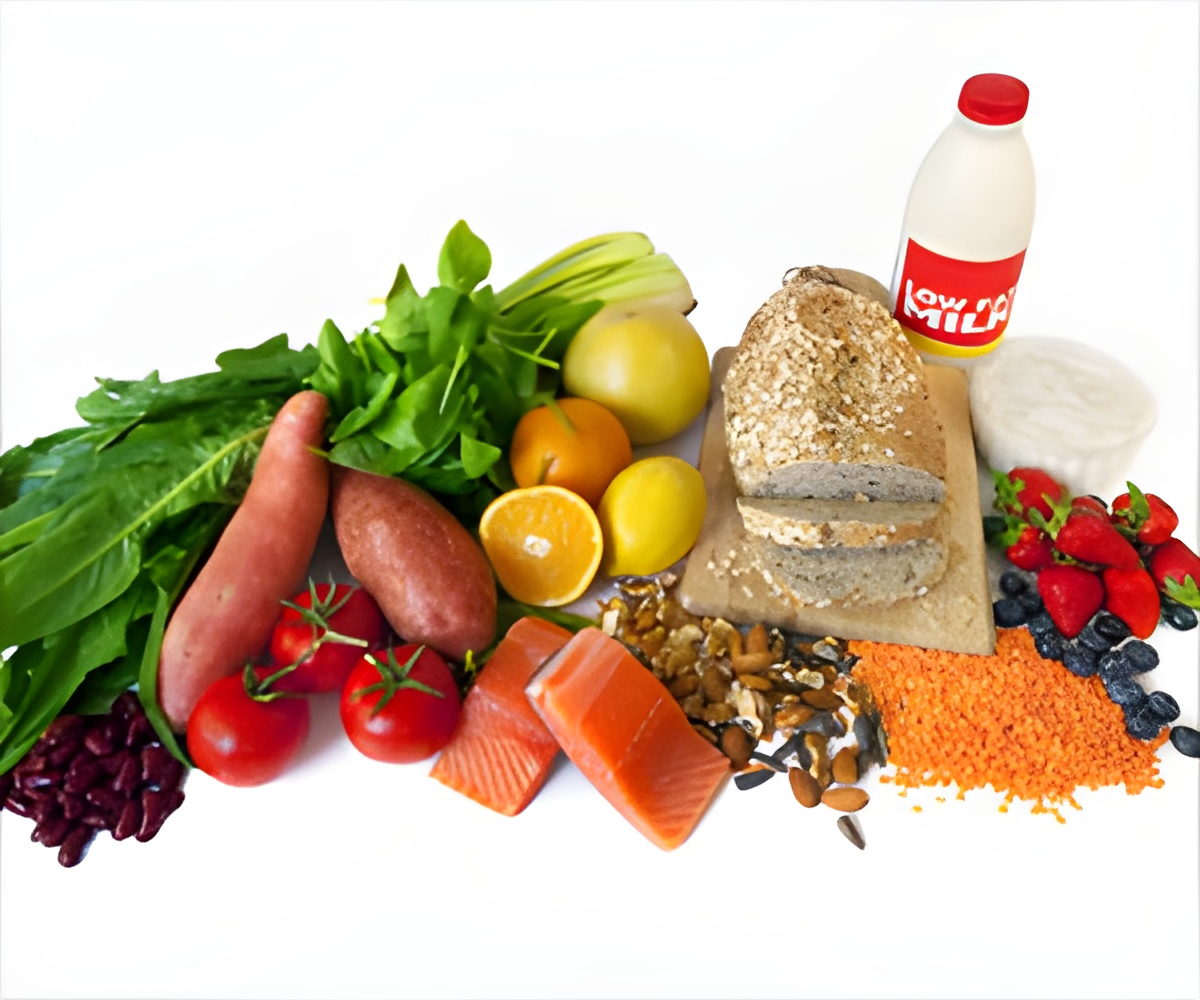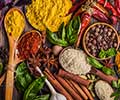The DASH diet which is recommended to reduce high blood pressure also appears to significantly lower uric acid levels, which is known to trigger gout.

- High levels of uric acid in the blood is a known trigger of gout
- Excessive consumption of red meat and alcohol increases uric acid level
- Hypertension diet also known as DASH diet can lower blood levels of uric acid
- DASH diet includes fruits, vegetables, low-fat dairy products, whole grains, fish and nuts
Gout
Gout is a complex form of arthritis, which causes severe pain in the joints, often at the base of the big toe. Elevated levels of uric acid in the blood is known to trigger gout. In the United States, 8.3 million people live with gout, costing the healthcare system an estimated $7.7 billion.Patients with gout are prescribed medications to lower the levels of uric acid. Researchers have been looking for non-pharmacological ways to treat gout. Diet has played a significant role in the levels of uric acid in the blood. The current study found that DASH diet could be effective to lower the blood levels of uric acid.
DASH Diet
Dietary Approaches To Stop Hypertension (DASH) diet is recommended to lower blood pressure. The DASH diet includes fruits, vegetables, reduced intake of saturated fat, total fat and cholesterol and low-fat dairy products. DASH diet also includes whole grains, nuts, lean meats and fish.
Research conducted by Stephen Juraschek, MD, PhD, of the Johns Hopkins University School of Medicine and his colleagues looked at the potential of DASH diet to lower uric acid levels.
The researchers conducted a randomized trial which included 412 adults. The participants were randomly assigned to two groups. Participants in group one received the DASH diet, and the control group received a typical American diet.
The investigators found that the DASH diet lowered uric acid on an average by 0.35 mg/dL. In participants with uric acid levels >7mg/dL (common among patients with gout), the DASH diet lowered uric acid levels by >1mg/dL.
Gout medications such as allopurinol reduce patients’ blood uric acid levels by about 2mg/dL. "When you get as high as the reduction we believe occurred with the original DASH diet in this study, the effect starts being comparable with gout medications," said Juraschek.
The researchers had hypothesized that low sodium intake would lower the uric acid levels. But the result was the exact opposite. The researchers found that higher sodium intake decreased uric acid levels compared with low sodium intake. However, the mechanism by which increased sodium intake decreased uric acid is unclear. The findings of the study suggest that the DASH diet may be an effective and non-pharmacologic approach to lower uric acid levels in patients with gout.
“Although high sodium levels appear to slightly decrease uric acid concentrations, jumping to the conclusion that to reduce blood uric acid it's a good idea to purposely consume lots of sodium. More than 70 percent of people with gout have high blood pressure. If one was to consume more sodium to improve uric acid, it could worsen blood pressure,” said Juraschek.
The researchers cautioned that further research should be carried out to establish the link between DASH diet and uric acid in a patient with gout. "Physicians may now confidently recommend the DASH diet to patients with gout to lower uric acid levels. Our findings also show how sodium, or salt, can alter uric acid levels, which provides important insights into further understanding dietary triggers of gout flares," said Dr Juraschek.
The findings of the study are published in Arthritis & Rheumatology , a journal of the American College of Rheumatology (ACR).
Source-Medindia














